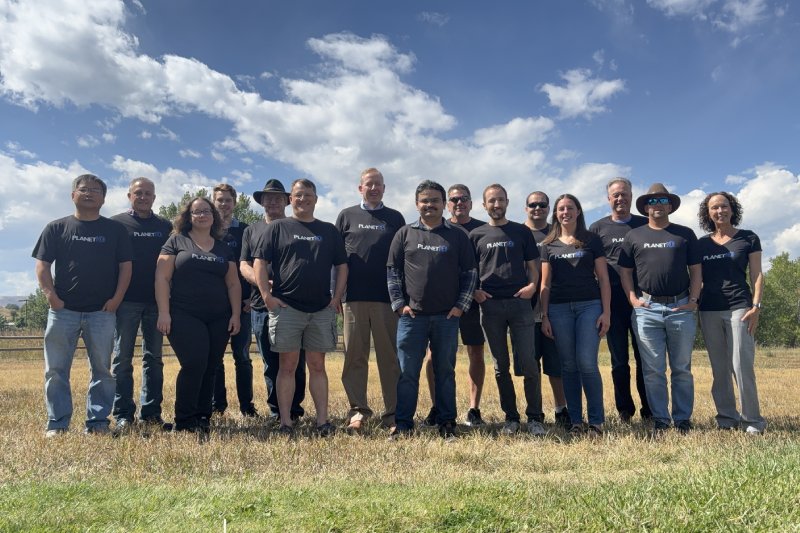Company
About Us
Mission
PlanetiQ delivers GPS-RO data with the market’s highest signal-to-noise ratio and unmatched temporal and spatial resolution, tackling the toughest challenges and never settling for standard.

History
PlanetiQ was founded in 2015 by Chris McCormick and Dr. E. Robert Kursinski, bringing together more than six decades of expertise in aerospace engineering, planetary science, and satellite remote sensing. McCormick, a pioneering technologist in GNSS radio occultation (GNSS-RO), co-developed the second- and third-generation receivers before leading the development of PlanetiQ’s fourth-generation Pyxis receivers. Dr. Kursinski, PlanetiQ’s Chief Scientist, is a leading authority in atmospheric and planetary sciences, with over 75 published papers. He previously served as an Associate Professor at the University of Arizona and, while at NASA’s Jet Propulsion Laboratory, earned the NASA Exceptional Service Award for his role in developing the Deep Space Network Radio Science System used during the Voyager Neptune encounter.
PlanetiQ builds on a legacy of groundbreaking GNSS-RO missions. The proof-of-concept GPS-MET mission, launched in 1995 with NSF funding, first demonstrated that pressure, temperature, and water vapor could be derived from GNSS signals. This success paved the way for the experimental COSMIC constellation from Taiwan’s National Space Program Office and UCAR in Colorado, which revealed GNSS-RO’s global forecasting impact. COSMIC-2’s six-satellite equatorial mission, launched in 2019, advanced the field further with higher signal-to-noise ratio (SNR) data and greater tropical coverage, enabling probing into the planetary boundary layer.
PlanetiQ carries this progression forward, delivering the highest-SNR GNSS-RO data available today, designed to meet the world’s most demanding needs in weather forecasting, climate monitoring, and space weather prediction.






